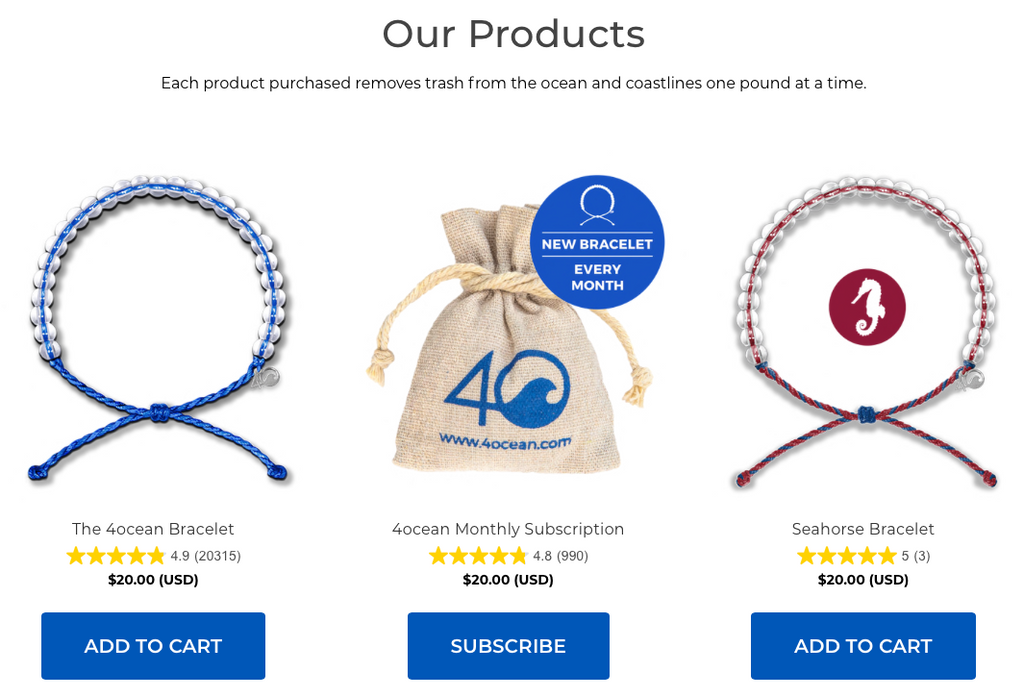Whale sharks' enormous size may deter most predators, but it doesn't protect them from ocean plastic pollution. While they're the biggest fish in the sea, whale sharks are most threatened by the ocean's tiniest plastic particles: microplastic.
As filter feeders, whale sharks use their gills to strain tiny prey like krill and plankton from the water. They suck in thousands of cubic meters of seawater every day, which leaves them extremely vulnerable to ingesting these tiny plastic particles.
While research on these elusive creatures and their interaction with ocean plastic is only starting to emerge, scientists have already found microplastic in their gills and stomachs. The larger concern is whether the toxins absorbed by ocean plastic from the surrounding environment have the same health impacts on whale sharks as they do on other marine animals. While the research isn't there to prove it, it's quite probable that they do.
4ocean has teamed up with the Guy Harvey Ocean Foundation® and the Guy Harvey Research Institute at Nova Southeastern University to help raise awareness about the plight of these gentle giants and support a crucial tagging and tracking research program.
As part of this program, researchers at GHRI are placing GPS tracking devices on individual whale sharks from a population off the coast of Mexico. The data they're collecting now will help researchers better understand their "migration ecology," which is a key component of securing protections and improving conservation efforts for whale sharks.
Having almost real-time data on the movement and location of these animals will help researchers better understand what areas are most important to their lifecycle and can help drive the engine of policy change with companies, governments, and other non-governmental organizations.
Check out the videos we created with Guy Harvey and his team here!

Ocean plastic isn't the only threat whale sharks face.
Despite the fact that whale sharks are an endangered species, overfishing is another significant threat. In unregulated areas, they are still highly sought after for their fins, meat, and the oil derived from their liver. They're also vulnerable to bycatch, a phenomenon in the commercial fishing industry where animals get tangled in fishing nets intended for other species.
Teaching people to respect these animals as a viable and renewable economic engine is also key to their survival. Ecotourism is becoming more popular around these animals and the ever increasing pressure is causing some deviations in behavior. With so many people in the water potentially disrupting their normal feeding, mating, and migration patterns, responsible ecotourism is something that also needs to be addressed in many locations around the world.

You have the power to make a difference.
You have the opportunity to help make a difference in the science and understanding of the whale shark. By purchasing a 4ocean Whale Shark Bracelet today, you will pull a pound of trash from the ocean and coastlines while also helping to raise awareness about the threats these majestic giants are facing.
Let us know in the comments below if you have ever had an encounter with a whale shark and what that experience was like.
Make sure to follow us on YouTube, Facebook, Instagram, and Twitter to stay up to date on all things 4ocean! Also, head on over to our Discover 4ocean Facebook Group to get in on the conversation around ocean plastic pollution and other important ocean conservation topics.


